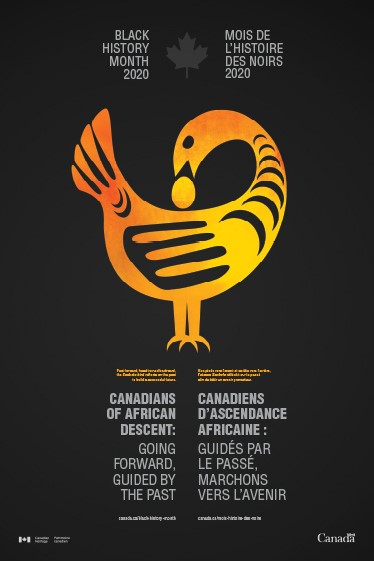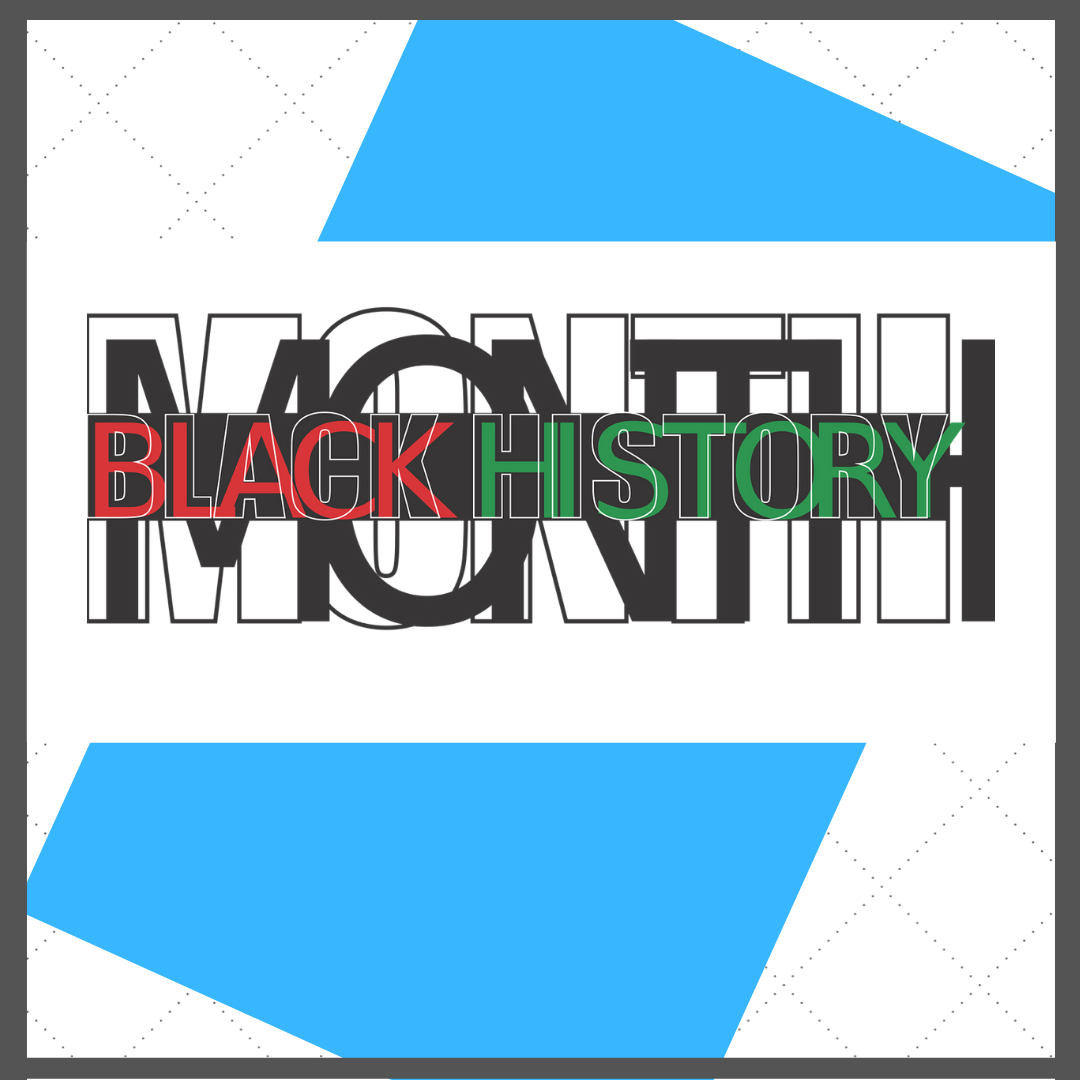Since 1976 Canada has been celebrating Black History Month each February. The first day of February typically ushers in some news coverage – interviews with historians, artists and poets, as well as scholars and activists. Videos are circulated on social media, posts shared, and then we settle into the month.
Black history should be interwoven into our foundation and encouraged for year round inclusion. Black history is our history. It is a huge part of how we came to be and who we are as a country whether we acknowledge it or not. Black history should be taught and celebrated 365 days per year not 28, 29, 7 or worse 1. Without the hard work, many accomplishments and dedication of Black people, our country wouldn’t have evolved to where it is today. Black history should be incorporated into school curriculum and celebrated as it is an integral part of Canadian history.
For those who know little about Black History Month, February 1 is very informative. But if you happen to miss the small flurry of coverage on February 1, you might be left wondering what it’s all about – how it came to be, why we celebrate it, and why it’s important for all Canadians.
It has a long history.

Photo credit: Jean Augustine Centre
The month-long dedication started off in 1926 in the United States as a week, not a month, called Negro History Week, and the tradition was picked up in Canada shortly afterwards. In 1976 it was expanded into Black History Month, and in 1995 it was officially recognized by the House of Commons following a motion made by Canada’s first female Black Canadian parliamentarian, the Honourable Jean Augustine. Her motion was carried unanimously and followed up in 2008 by Senator Donald Oliver’s Motion to Recognize Contributions of Black Canadians and February as Black History Month – also approved unanimously.
Why is it important?
Black History Month honours the many achievements of Black Canadians throughout our country’s history – including many overlooked sacrifices and too often neglected accomplishments. Importantly, Black History Month raises awareness that Black people were, for many years enslaved in the territory now called Canada, and that many fought enslavement to build a more humane, compassionate, worthier and diverse society. It’s also important to note that Black history didn’t begin in Canada or the US with enslavement; it goes back to ancient civilizations and empires where immense contributions to human learning and culture were made.
The work continues.
Many people remain unaware that Canadians were slave owners and that Black Canadians participated in wartime. Or the diversity of cultural heritage. So many achievements. So many accomplishments. This lack of knowledge is in part due to the short shrift Black History Month gets in the Canadian school system. Black history is pretty much absent. While this may reflect the slow pace of change generally, many point out that incorporating Black history into the Canadian curriculum is long overdue. Even the NHL began celebrating Black History Month in 2019.
It’s important for kids to see themselves reflected in the narratives they learn about in their daily lives. Popular Black representations often showcase athletes or entertainers but neglect scientists, scholars, engineers, architects, entrepreneurs and other trailblazers. When young Black Canadians’ attention isn’t drawn to these people and their accomplishments, they may not see themselves doing those great things nor envision these bright futures.
Why Black History Month? Why not White History Month?
This question gets asked facetiously, defensively, and even innocently by people who may not think there’s still work to do in raising Canadians’ awareness. Some people point out that there is not one monolithic Black identity, just as there isn’t one White identity or Asian identity. And as globalization continues, this is increasingly true. What this argument misses, though, is that Black History Month is much more about cultural narratives than racial heritage. Historically, the dominant cultural narratives have been advanced by people of European descent. Those narratives have dominated and contributed to the marginalization of other cultures, and to a wealth gap that prevails across North America still to today. It’s important to draw attention to and puncture these false narratives.
If you’re still wondering why there’s no White History Month, check out this video.
Video credit: Why we have Black History Month and not White History Month by Kat Blaque.
Where to learn more.
Canadian Heritage has more information on Black History Month, including organizations that promote awareness. This year’s theme is Canadians of African Descent: Going Forward, Guided by the Past.

A shout out!
Parris Consulting wants to give a special shout out to all the educators that make a special effort to be inclusive and incorporate diversity in their curriculum even though it may not formally be included.
Sources: Jean Augustine centre, Debates of the Senate (Hansard), 2nd Session, 39th Parliament, Volume 144, Issue 34., The Star, YouTube (Kat Blaque), CBC and the Government of Canada.
Diversation Question
Do you celebrate Black History Month? If not, what’s stopping you? What can we do to ensure Black history is an integral part of Canadian history curriculum all year round? Use the comment section to share your thoughts.




